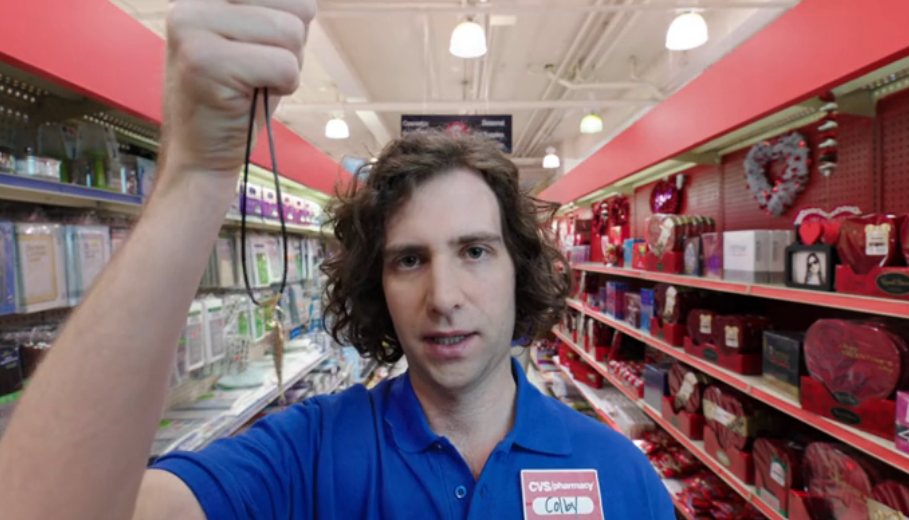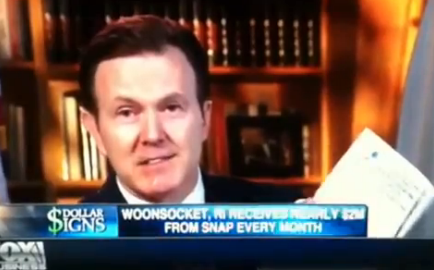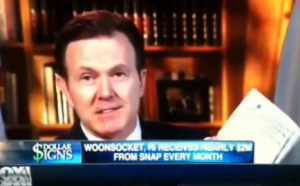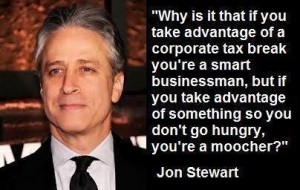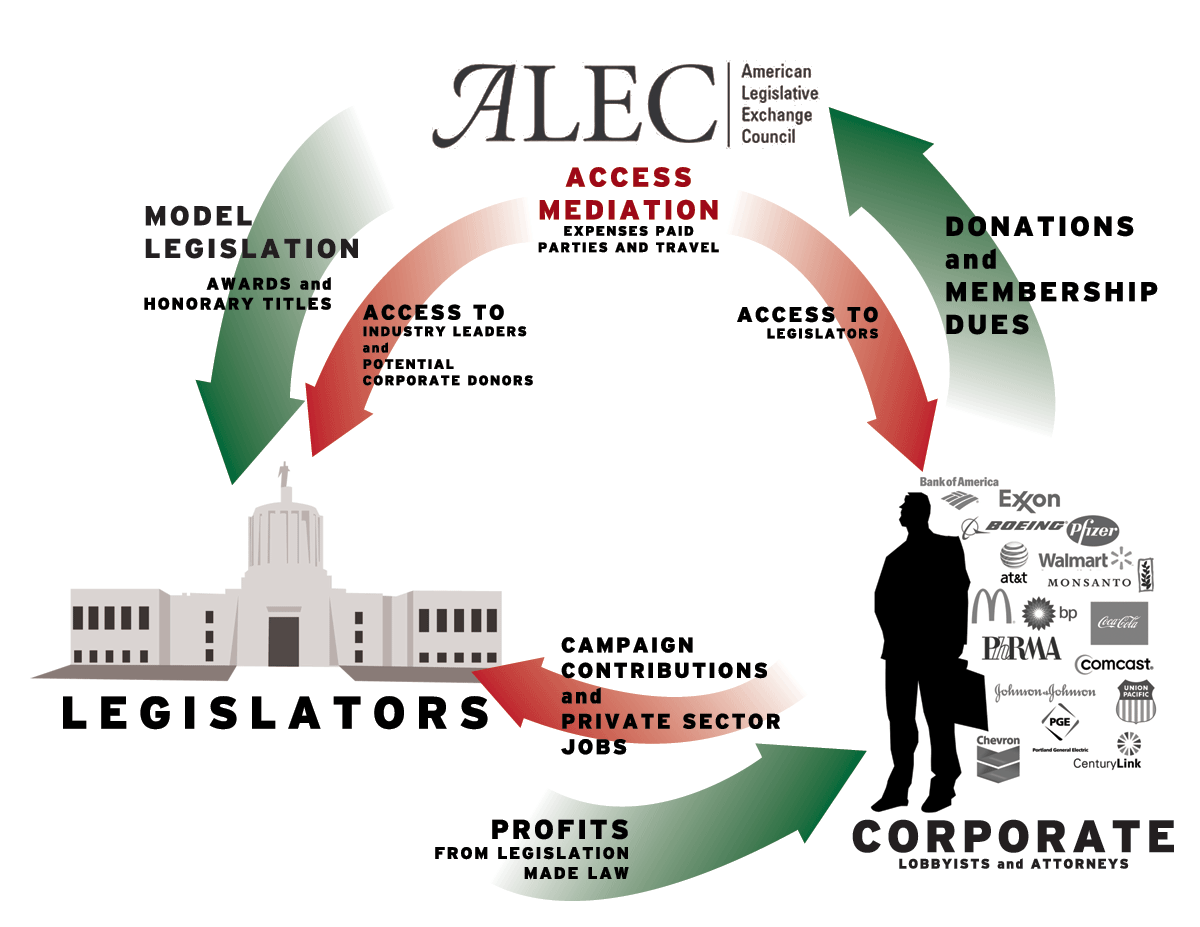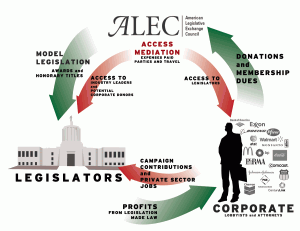 “Buy Local” is a catchphrase used ubiquitously throughout the country. Virtually every community has initiated their own buy local campaign. Here in Little Rhody, we have “Buy Local RI,” a little website set up by Lt. Governor Roberts that has since become irrelevant. There are other initiatives too, such as It’s All in Our Backyard, Buy with Heart, Union Bucks, and Small Business Saturday, that seek to direct spending to small and locally-owned businesses rather than “large box” retailers.
“Buy Local” is a catchphrase used ubiquitously throughout the country. Virtually every community has initiated their own buy local campaign. Here in Little Rhody, we have “Buy Local RI,” a little website set up by Lt. Governor Roberts that has since become irrelevant. There are other initiatives too, such as It’s All in Our Backyard, Buy with Heart, Union Bucks, and Small Business Saturday, that seek to direct spending to small and locally-owned businesses rather than “large box” retailers.
This all makes sense and I can appreciate the importance. Fundamentally, when local dollars are spent locally, they recirculate in the economy. Or to put it conversely, every dollar that is spent outside of the state is a net loss of overall wealth for Rhode Island. Similarly, every dollar spent at a national chain (even if local) suffers from leakage as our economic system peels off layers of surplus value to pay shareholders, CEOs, advertising, etc. that drains wealth from a community. You get the picture.
While I support the whole concept of buy local, it is really low impact and based more on the individual consumer’s purchasing decisions. “Should I get my tools and supplies at Mt. Pleasant Hardware, or should I go to Home Depot? Should I get my copy of Debtors’ Prison: The Politics of Austerity Versus Possibility at Symposium Books downtown, or should I just order it from Amazon?” Many people choose the latter in these scenarios. With limited take-up of “buy local,” the benefits remain small.
What can work much better is strategic sourcing from large local institutions. This can include universities, hospitals, large corporations (I’m looking at you CVS, Fidelity, and GTECH), and city and state governments. [Note: it’s important to remember that all this can be done without a local purchasing preference policy which Rhode Island policymakers rejected a few years ago at the request of large contractors due to the danger of reciprocity in other states.]
A lot of my work involves strategic sourcing and when done right the results are hugely beneficial for local, small, minority, and women owned businesses. And it benefits the state too as more purchasing done locally = more tax revenue. It’s not easy to do (nothing is), but if one looks at a hospital (or system like Lifespan), the amount of money they spend in any given year is huge, similarly for universities, for city governments, and for corporations.
The state can be a partner in the strategic sourcing process by helping identify local businesses that can serve as vendors for large institutions that currently buy large quantities of goods and services out of state or overseas. Imagine if the RIEDC RI Commerce Corporation convened a roundtable of all the executive leadership from each of the state’s hospitals, sought to understand their purchasing needs, identified mutual pain points, and proactively identified, recruited, and scaled local businesses to serve the needs of these institutions. Linking local suppliers to local buyers is a low cost way to boost the economy.
Sounds far-fetched, but I do this often at work. Recently, I assisted with Johns Hopkins University’s initiative to increase their local spend by 10% in Baltimore, developed a local sourcing plan for a Los Angeles Hospital, and analyzed the success of Source Detroit, a program to transfer a portion of the $1.6 billion dollars spent annually by Wayne State University, the Detroit Medical Center, and the Henry Ford Health System to locally owned businesses.
The process is basically to find out what an institution buys and then identify local businesses that can supply it instead. There are challenges, however. First and most importantly, you need commitment and buy-in from the senior executive leadership at the institutions. There are lots of good ideas out there and quick-win solutions that would boost the state’s economy, but without the commitment, nothing is going to happen.
Second, not everything can be sourced locally so you need to be selective. This is the fundamental difference between a generic buy local campaign and strategic sourcing. Identifying the high-spend categories that are available in the local market is important and will make the process flow smoother. Not everything is made here, and if it’s not made here, it can’t be purchased here. Luckily though, Rhode Island still makes a lot of stuff.
Third, you have to overcome the existing practices of the purchasing managers. Relationships take time to build, and switching to a new vendor can involve some risks. These risks can be partially alleviated by starting slow and by identifying quality local supplies used by other institutions. There is a process that works to change the purchasing habits and long-standing relationships, but it takes time.
Fourth, sometimes local suppliers don’t have the cheapest per product cost. When businesses operate with a shortsighted focus on low prices, local suppliers lose even though they may still have the lowest overall cost. There are many hard and soft procurement costs that are often ignored such as transportation fees, legal fees, late deliveries, damaged product, etc. that would not accrue from local vendors.
Finally, many small businesses need help building their capacity to be able to handle the procurement needs of a large institution. Here is another role for the state and partners to play to ensure that the local businesses can effectively provide the goods and services needed by large institutions. Small business support organizations like the Small Business Development Center and SCORE can offer the training and resources needed.
Why is strategic sourcing important for the state? There are three key reasons.
- It benefits the local community. When institutions source locally, local revenues increase, resulting in higher tax revenue for the state, and the increased demand may lead to the creation of new jobs. By identifying minority and women-owned firms, or firms located in low-income areas of the state, strategic sourcing can have profound positive impact for some of the most economically marginalized folks among us.
- It benefits the institution. Local goods and services can reduce delivery times, allow for lower overhead costs (you don’t need to store as much when the supplier is 15 minutes away), and reduce potential disruptions in the supply chain.
- It strengthens the entire business community. By shifting spend to local vendors, large institutions improve the local business ecosystem and generate a more robust and competitive network of suppliers. Having local suppliers also means interactions are easier and quicker, and the partnerships can develop new ways to identify and rectify supply chain problems, create new products and processes, and add innovation to the whole system. Also, by shifting to local purchasing, local vendors become more adept, more responsive, and more stable over the long-term.
If I was a Mayor or Governor, I would create a position in my administration specifically tasked with building and supporting these relationships. There is a net benefit to the state with the minimal cost of an FTE position in the budget. The benefit to a city is less, although new business expansion would provide additional property tax revenue. To do it right, you need someone competent who can facilitate these connections, hold conferences and convenings, and identify the local businesses that can act as vendors.
Alternatively, this could be done outside of government by any trusted third-party (i.e. RI Foundation, Chamber of Commerce, RI Black Business Association, etc.).
This is the 2nd in my ongoing economic development series called “Rebuilding Rhode Island’s Economy.”
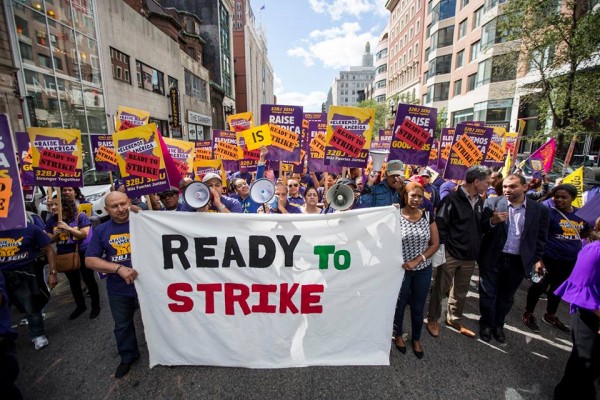 Some 500 Rhode Island janitors – who work at TF Green Airport, CVS, Providence College, Fidelity and other places in the Ocean State – could go on strike if their labor union can’t come to an agreement with their employer this week on a new contract. The more than 13,000 janitors of the 32BJ SEIU voted on Saturday to strike if they can’t agree on a new contract with the Maintenance Contractors Association New England by September 30, the last day of the existing contract.
Some 500 Rhode Island janitors – who work at TF Green Airport, CVS, Providence College, Fidelity and other places in the Ocean State – could go on strike if their labor union can’t come to an agreement with their employer this week on a new contract. The more than 13,000 janitors of the 32BJ SEIU voted on Saturday to strike if they can’t agree on a new contract with the Maintenance Contractors Association New England by September 30, the last day of the existing contract.
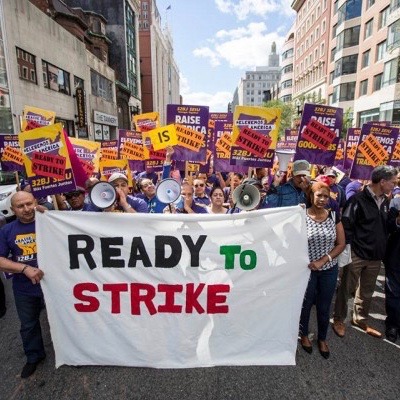

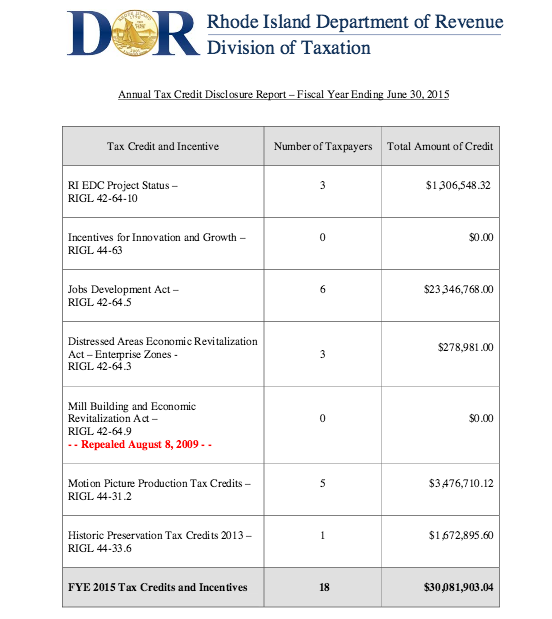


 Imagine a plan sitting at the RI Department of Health (RIDOH) that would reduce health care spending in Rhode Island by 15 to 30 percent. A plan with the added benefit of improving health care outcomes “
Imagine a plan sitting at the RI Department of Health (RIDOH) that would reduce health care spending in Rhode Island by 15 to 30 percent. A plan with the added benefit of improving health care outcomes “ Neighborhood Health Stations would
Neighborhood Health Stations would 


